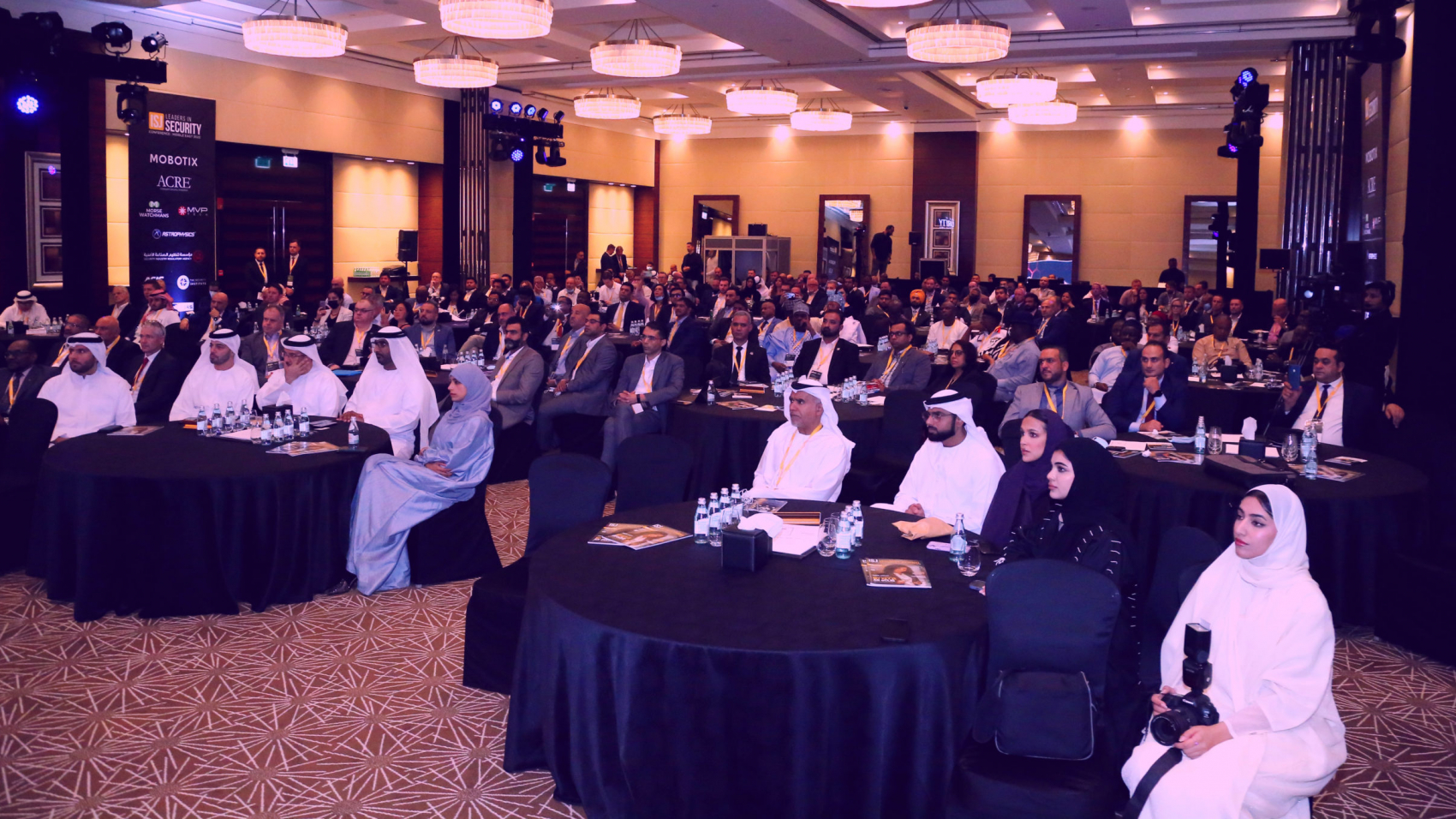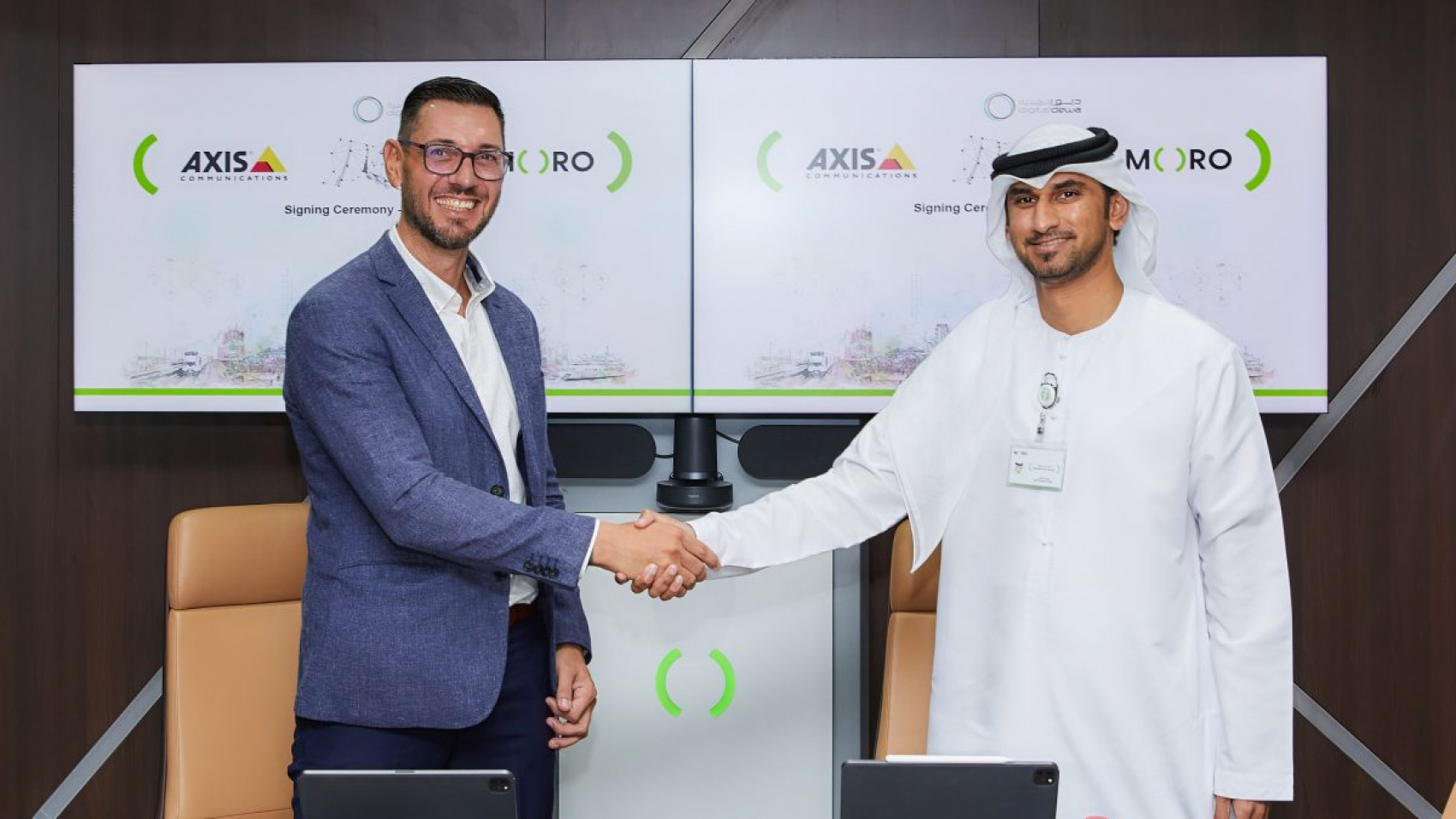On 25th May 2022, 276 senior security professionals from across the globe gathered for the inaugural ISJ Leaders in Security conference at The Grosvenor Hotel, Dubai Marina, Dubai, UAE.
The conference undoubtedly lived up to its name as leaders from every corner of this innovative regional hub of modern security gathered under one roof to discuss some of the key issues shaping the industry.
After opening addresses from Ian Stokes, CEO, Centurian Media and John Cowling, Conference Chair, delegates had the pleasure of hearing a keynote address from H.E. Khalifa Ibrahim Al Saleis, CEO of the Security Industry Regulatory Agency (SIRA) which focused on the historical origins of SIRA and how the security sector has evolved within the Emirate of Dubai.
Following these insightful introductions and blessings, Yacine Benamane, Security Manager, Unilever, North Africa & Middle East chaired the opening panel, ‘Re-Calibrating the Supply Chain’, which saw Dr. Wilson Esangbedo, National President, ALPSPN, Matt Horrox, Director, Continuity Strategy and Sorana Parvulescu, Partner, Control Risks come together to explore how business leaders can collaborate with one another and ensure that the supply chain is stabilised and futureproofed in light of geopolitical tensions and logistical issues.
Throughout the rest of the day, Phillip Antoniou, VP Sales EMEA, MOBOTIX, Mo Ahddoud, CEO, Chameleon Cyber Consultants and Amit Mehta, Cyber Security Advisory Practice Lead, Mastercard explored ‘Cyber Security and Data Management’ whilst ‘Critical Infrastructure’ was the focus of discussion for William Brown, Director, Control Risks, Andy Edwards, Vice President, GardaWorld International Protective Services, Dr. Ahmed Abubakar Audi, Commandant General – Nigeria, Security and Civil Defence Corps (NSCDC) and Wadih Abi Hader, Sales Director EMEA, Astrophysics.
Howard Leedham MBE (Panel Chair), Managing Director of ESID DMCC, Tim Purpura, VP Global Sales & Marketing, Morse Watchmans, Simon Whitehouse, Managing Director, SGW Consulting, Mo Ahddoud and Issam Shibany, Head of PreSales and Business Development Middle East and Africa, MVP Tech chatted with one another on the ‘Taking an Integrated Approach to Security’ panel and ‘The Constant Need for Upgrades – If It Isn’t Broken, Why Fix It?’ panel saw Chris Adigwu, National Secretary, ALPSPN and Simon Whitehouse, Managing Director, SGW Consulting take to the stage.
Furthermore, ‘Cloud Technology & Cloud-Based Solutions’ was discussed by Alexander Holmstrom, Global Sales Director, ACRE International, Elias Bechara, Managing Director, 6SS and Dr. Daniel Omofoman, Technical Associate, ALPSPN. Leedham also chaired the ‘Hospitality and Retail Security’ panel which featured Vitthal Teli, Cluster Security Manager Hyatt Place Hotels in Dubai & Hyatt Centric Jumeirah, Mark Shepherd, Risk & Security, Associate Manager, MAF Properties and Tim Purpura.
In addition to the engaging panel discussions, there were multiple thought-led presentations from speakers with fascinating regional insight and expertise. Ahmad Younes, Sales Director Middle East & Africa, MOBOTIX – Platinum Partners for the ISJ Leaders in Security conference – gave a TED-Talk style presentation, ‘Global standardization and type approval importance of security systems’ was discussed by Eng. Col. Arif Al Janahi, Security Engineering Director, SIRA and Joss D’Silva, Vice President, Emirates Group Security focussed on central control and aviation security.
There was also a presentation from Yacine Benamane which posed the question, ‘What Standards do you need to Succeed in Security?’, an analysis of ‘Private & Public Partnerships’ from Jose M Gonzalez, Assistant Regional Security Officer, US Consulate General Dubai as well as a ‘Regional Roundup’ from Matthew Burnard, Director, Control Risks which explored the Middle East threat landscape.
At the end of the conference, the International Security Journal team caught up with Phillip Antoniou, VP Sales EMEA, MOBOTIX who said: “It has been a great event here. Not only have we met partners, we have met new acquaintances and colleagues in the industry. The panel discussions have been innovative, strategic and have shone a light on parts of the industry that are not always watched.”
“An outstanding day,” added Tim Purpura, VP Global Sales & Marketing, Morse Watchmans. “I have attended a lot of shows over the last six months – and this ranks right up there as one of the best. The quality of people in attendance was outstanding, truly the leaders of the industry in the Middle East. I cannot wait for next year!”
Andy Edwards, Vice President, GardaWorld International Protective Services, remarked: “I received the kind invitation to attend this conference and play a part in the panel discussion – I thoroughly enjoyed it. It has been a great mix of industry professionals from both government and private sectors alike and there have been fantastic opportunities to network amongst them. Really looking forward to the next one.”
Keep an eye on the International Security Journal page for a full review of the ISJ Leaders in Security conference and follow the LinkedIn page to see all the action from the day, as it happened.
For more information, visit: isjleadersinsecurity.com








